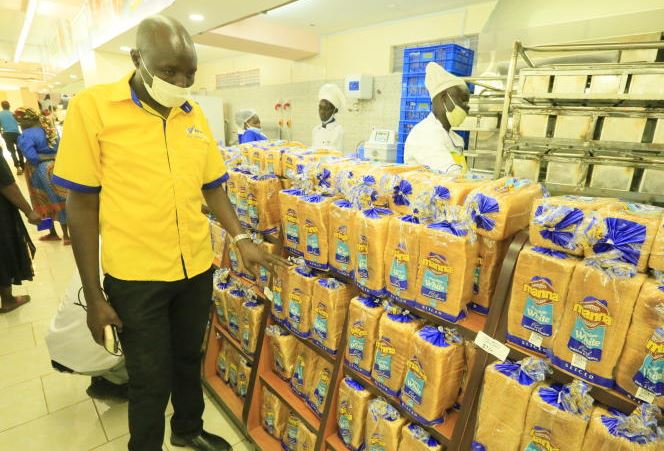×
The Standard e-Paper
Kenya’s Boldest Voice

Your chapati is likely to grow thinner, smaller and more expensive. And your breakfast now costs more.
The rising price of wheat has made its products costlier. Almost all brands of bread have also recorded a price increase, with a 400-gramme loaf that has been retailing at Sh50 for the last four years now selling at Sh55.